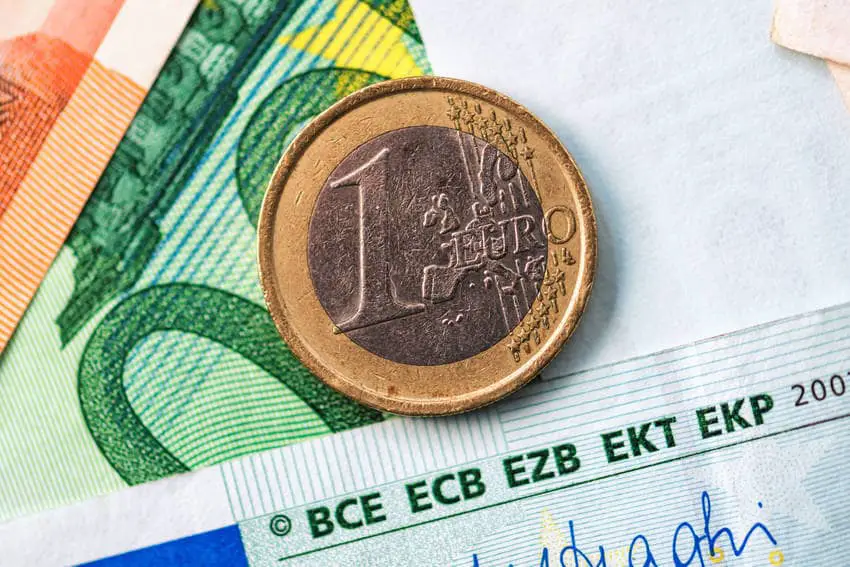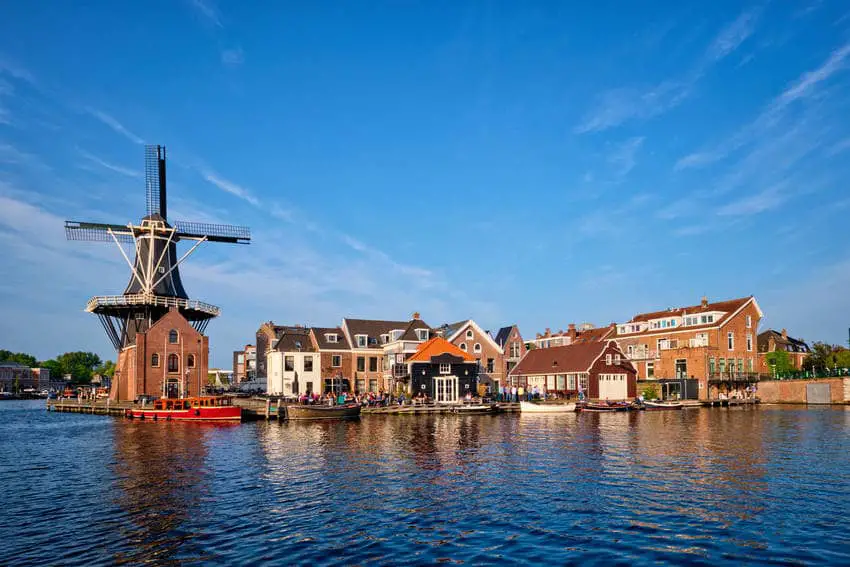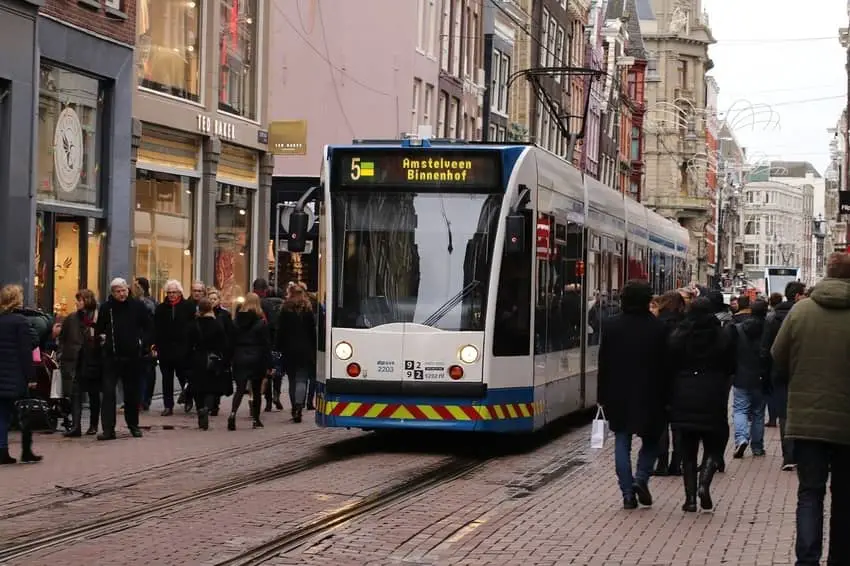The Netherlands is one of the most populated and smallest countries in Europe. It is also a monarchic country that unlike other monarchies, all its powers are controlled by the elected party. However, are we talking about a socialist or a capitalist?
The Netherlands is definitely more of a socialist than a capitalist country. Besides having a free market economy, being open-minded and tolerant, the Netherlands has a strong welfare system, regulating the minimum salaries and the maximum one, taxes, education and many social measures.

We associate capitalism to the extreme and origin of capitalism like the United States and socialism to the creators of socialisms and countries like China. Like everything, there are many greys, not all is black and white. The Netherlands is definitely more of a socialist country because of all the social measures it takes, do you want to know which ones?
Socialism in the Netherlands
First of all, it is worth saying that the Netherlands is NOT a socialist country but it tends more to socialism than to capitalism. It can be considered the mildest capitalism there is or the most open-minded socialism there is.

The whole idea of socialism is the Government intervening in all instances of the society, the intervein in private business, public education, regulation of the health care system, etc.
Therefore, we can say that like most Nordic countries, the Netherlands is a democratic socialist country because of all the interventions and control the Government has over the citizens, yet all the freedom of choice, freedom of trade and freedom of ideology.
Democratic Socialism
The Netherlands is one of the wealthiest countries in the world with one of the 20 best economies. This small piece of land has been like this since its creation during the growth of trading in the Golden Ages. With the exception of certain periods of general historic decretion, the Netherlands has been always on top of the ranking and has been able to build from scratch a society with a lot of social benefits and regulations that mostly benefit its citizens.

We can definitely observe all of these benefits or regulations in the daily life of the Netherlands: besides being a rather expensive country to live in, how is it possible that the level of well-being and acquisition is so high?
Even though the Netherlands and especially Amsterdam is expensive, mostly for tourists, it is not so much for locals: if you don’t go out all the time and you don’t do as many activities as you do on a holiday.
Dutch citizens have different legislations, support and measures like the minimum wage and so on:
Salaries
In the Netherlands, the minimum wage is established for all kinds of jobs and for ages. The older you are, the more you get paid. The younger you are the less you get paid: the idea is that you have more experience in your field and more responsibilities. If you are younger, the State wants you to keep studying and have a degree so it doesn’t encourage young people to work fulltime.
The Dutch Government offer information about what is the minimum salary since you turn 15 and you can legally work until you are 21 or older, per day, per week and per month. They also determine the minimum and maximum amount of hours, etc. Up to today, the minimum salary in the Netherlands is 1.635,60 euros per month.
Besides this measure, there are many other, more Government rules, that apply to other spheres.
Health System
The Health System in the Netherlands is a mix of capitalism and socialism in a way: you are entitled to choose whatever health care you want, (it normally costs around 100 euros per month) and you can add as many different services as you want. The health system implies:

- You HAVE to have health insurance if you live in the Netherlands, but you can also ask for Zorgtoeslag (health insurance help) and the Government will cover most of it.
- You don’t need to have your kids insured, that is covered inside the adult one.
- You can choose what doctor you want to go to.
- If you need any special treatment not covered by your insurance you can declare it on your taxes and they will give it back to you.
Taxes
Now, talking about the health system, let’s talk about taxes. You do not only get your taxes back for extra care not covered by your health insurance help but also for other matters.
Salaries grow every year and so do taxes. However, these are genuinely retributing the citizens who pay them. Citizens pay for the goods the standard tax of 21%, however, companies pay between 16.5% and a 22.5% depending on their yearly income (either if it is under or over 200.000 euros ).
Taxes also work for financing another type of helps the Government gives its citizens, another type of socialism measure:
- Huurtoeslag: Government help to provide you with some extra money if your rent is too high in comparison to your salary. More here.
- Zorgtoeslag: same version, but for healthcare.
- Kinderdagverblijf: public daycare help for Amsterdammers. More here.
- Kinderopvangtoeslag: for child benefit if you become a father and you have a relatively low income. More here.
- Kindergebonden budget: Extra children benefits for school expenses.
- Kinderbijslag: Children allowance, for another type of help, here.
Education
Some of the above-mentioned Government funds are also for educational purpose. In general, obligatory education in the Netherlands is free and only when it comes to the university you will have to pay for it.

In the case of uni, each uni has its own program and you can check DUO for all the conditions, but you are always entitled to pay the lowest tuition fee (with Government help, of course) and to get a loan for university tuition.
If you are planning on studying in the Netherlands, the same case as for Dutch citizens applied to you if you are an EU-citizen. If you are not, or if you want to know more about the tuition fee system, read here.
Transportation System
Another characteristic of the Netherlands that I believe it is a bit more oriented to socialism than to capitalism is the public transportation: it is not a cheap one and even less free, but every single part of the public transportation from the whole country belongs to the Government, which means they establish prices, schedules, etc.

This is one of the examples of big companies that belong to the State in order to control prices and have a monopoly of something that it will end up being used by citizens inevitably.
Socialism vs. Capitalism
As we can observe, the Netherlands has a lot of Socialist characteristics and it is undeniable the control the Government has over so many aspects of life in the Netherlands, in this case, for good. However, there are different aspects of Dutch society that would be more relatable to capitalism: among these, the tolerance and open-mindedness.
Same-sex marriage
This is definitely one of the main aspects that show the open-mindedness and tolerance of the whole Dutch society: on December 21 of 2001, Queen Beatrix of the Netherlands signed the first law to allow what back then was the first same-sex marriage law in the world.
The whole LGTBQ+ community in the Netherlands is big and strong and it is definitely a more capitalist approach.
Tolerance: Freedom of Choice
Following the idea of the first example, the same idea of the approval of the first bill for same-sex marriage could be the tolerance: this characteristic is more commonly observed on capitalist societies.
Tolerance in the Netherlands can be observed in many aspects of society: tolerance of religion (now even allowing but to promote and encourage the construction of mosques and madrasas), tolerance for sexual orientation, tolerance of immigrants, refugees and their needs to adapt to a new country and even the allowance for them to live permanently in the Netherlands, etc.
All in All…
The Capitalist Characteristics we can observe in these decisions, socially, economically and culturally speaking are based on the Capitalist concept of:
- Competition (on certain levels only)
- Freedom of Enterprise (in most cases)
- Profit Motive
- Freedom of choice: of sexuality, religion, education, etc.
The Socialists Characteristics we can see in the country that influence it too in a, socially, economically and culturally level are based on the socialist concept of:
- Government helps on Wealth Distribution (scholarships, Government help, free schools, minimum salary wage…)
- Natural Resources belong to all the Dutch citizens
- Command Economy with partial control of the salaries, economy, entrepreneurs, maximum taxes of companies, general taxes, etc.
All in all, the Netherlands is a country on its own that has taken certain characteristic from both ideological models to create a wealthy, tolerant and stable community that consists of citizens with over 180 different cultures that create the beautiful and amazing country we now live in.